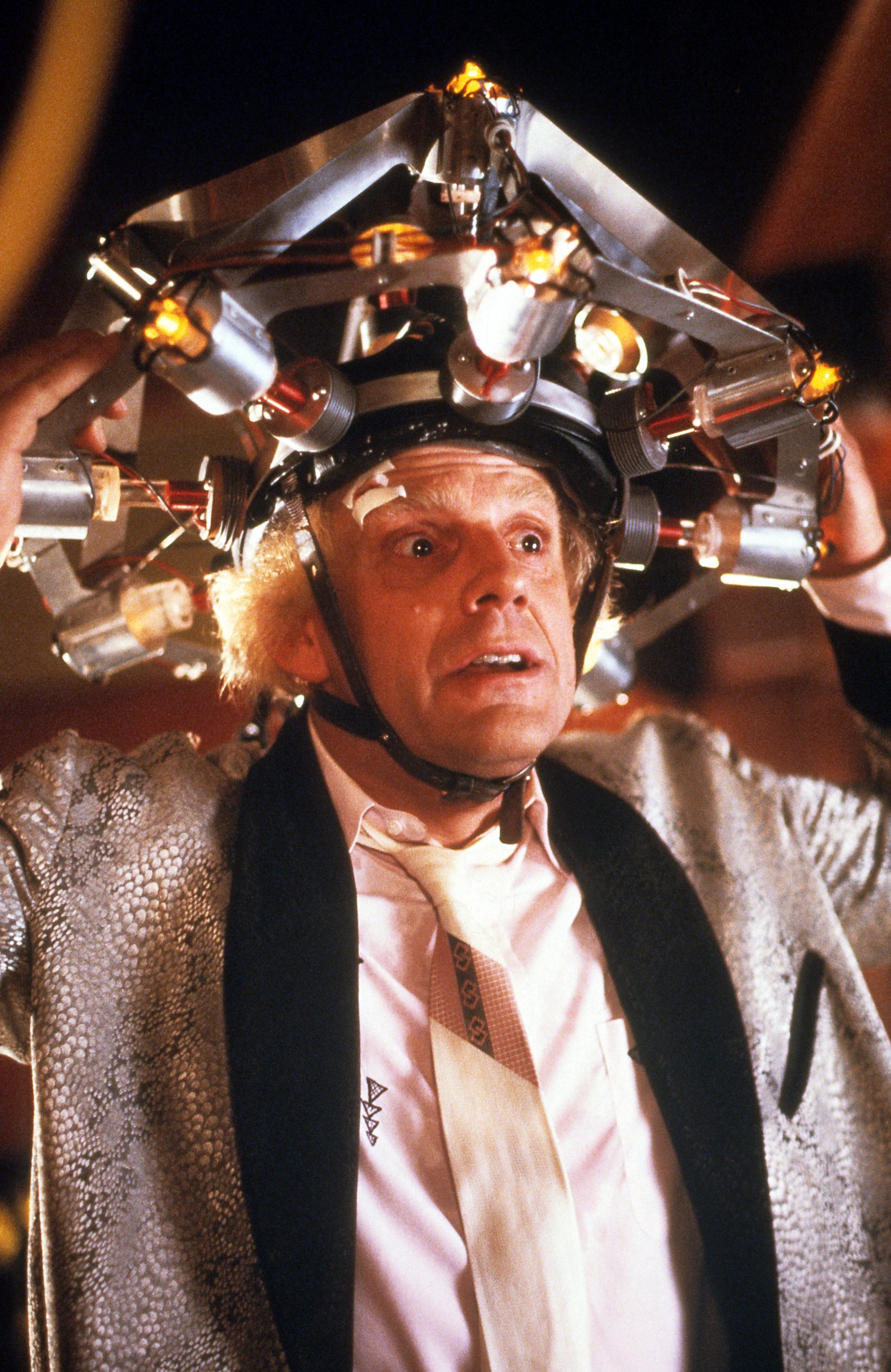Americans See Teleportation, Lab-Grown Organs in the Future
But we're still waiting on flying cars and portable sunshine.
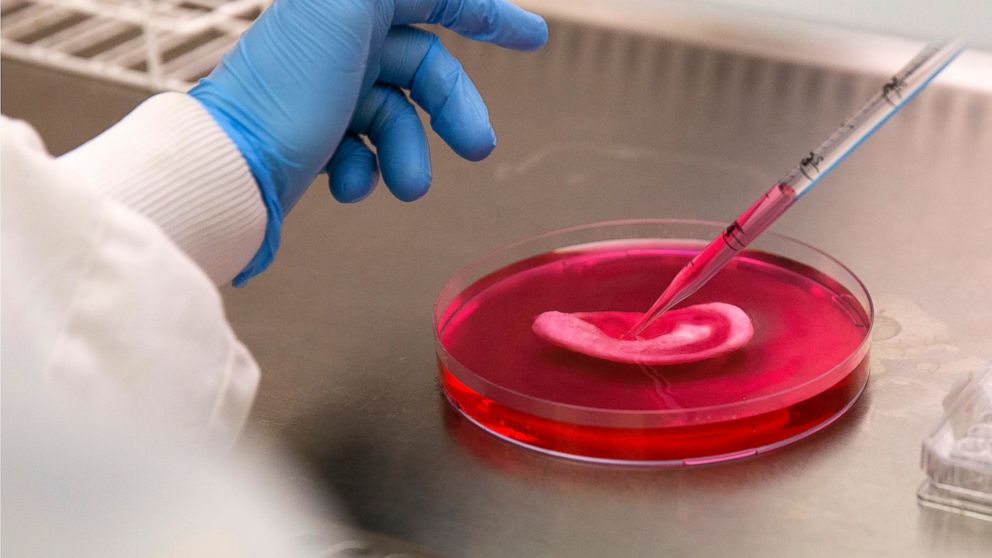
April 18, 2014;— -- It’s hard to predict what technology will be mainstream decades from now, but that doesn’t stop people from guessing.
Thirty-nine percent of U.S. adults believe scientists will make teleportation happen in the next 50 years, according to a new Pew Research Center report.
Sound crazy?
So did the concept of “picture phones” at the 1964 New York World’s Fair -- and look what happened.
The findings, drawn from recent telephone interviews of about 1,000 U.S. adults, also reveal that 19 percent of Americans believe humans will be able to control the weather in coming decades, while 81 percent expect patients who need organs will have them grown in a lab.
But it appears excitement about wearable technology and robots that do our chores is wearing off.
More than half of people polled in the Pew study, released Thursday, said robot caregivers aren’t a good idea.
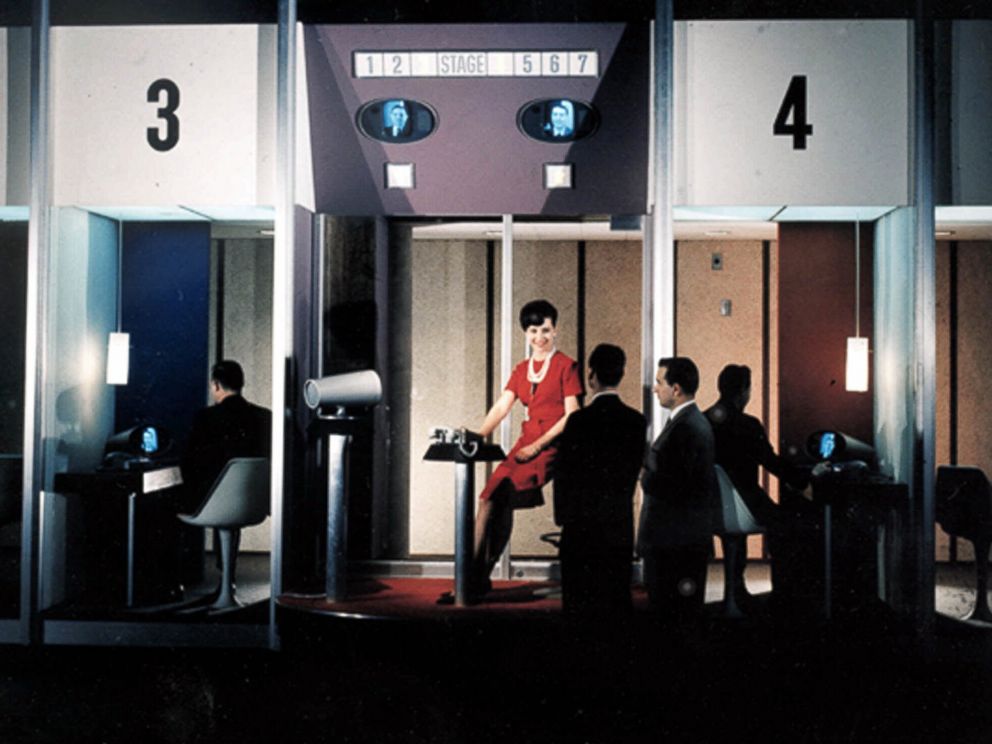
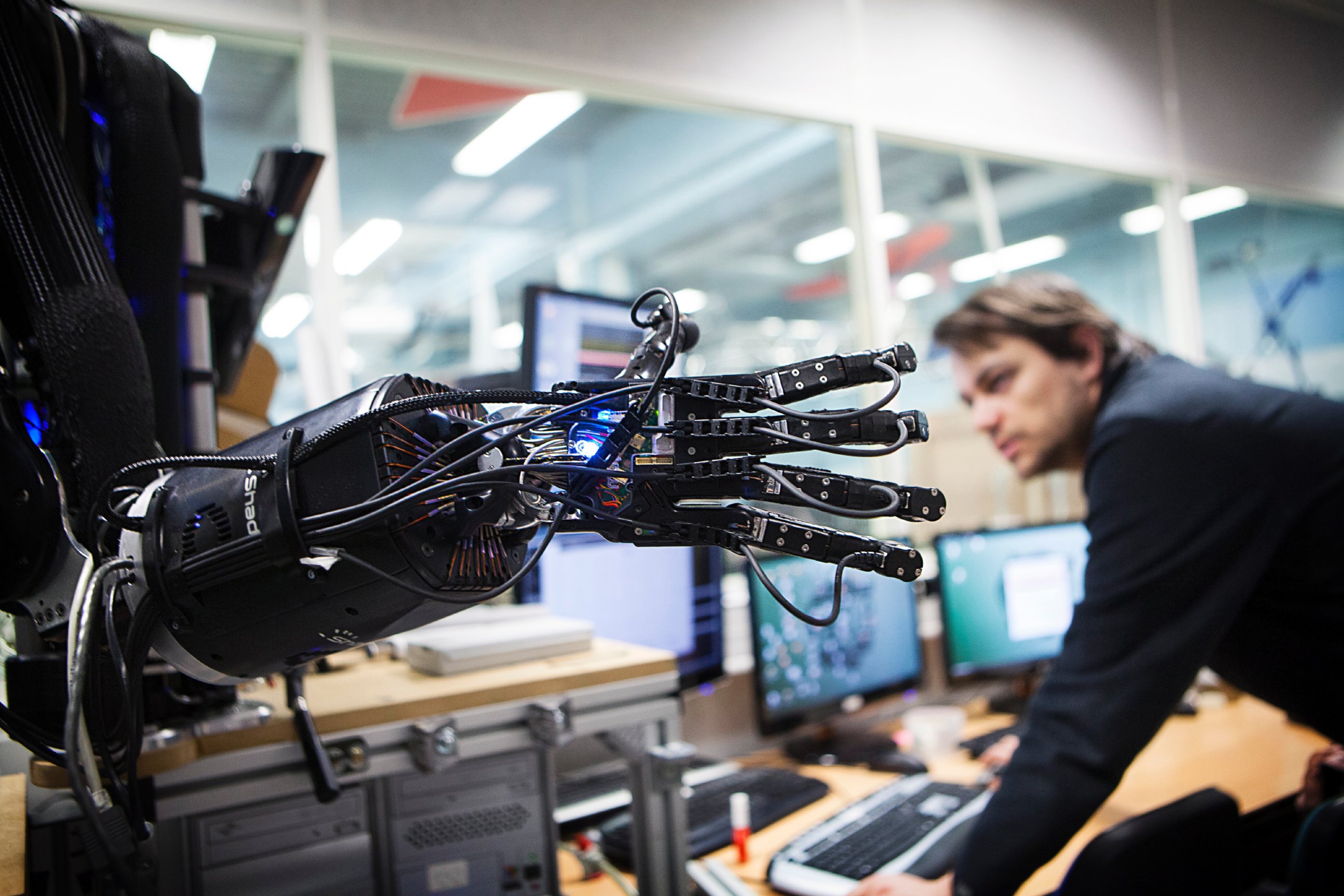
That’s in contrast to a 1989 report from The Futurist journal that suggested specialized robots would soon be common in homes and able to “clean the floor, protect the house from intruders, or supervise other robotic devices to awaken the owner, prepare breakfast, or set out the day’s wardrobe.”
Yeah ... that hasn't happened.
That report also suggested cash will illegal by 2050, expect for transactions under $10.
And we’re still waiting on “portable sunshine,” smart cards that roll all our credit cards, pocket cash and identification into one, and “chemical stimuli” that, when implanted into a criminal’s body, take away the need for handcuffs -- all things the technology journal predicted in the 1980s and 1990s.
Experts have also been wrong about the future of driverless cars. In 1993, science fiction magazine Omni predicted those smart cars would be around in 2010.
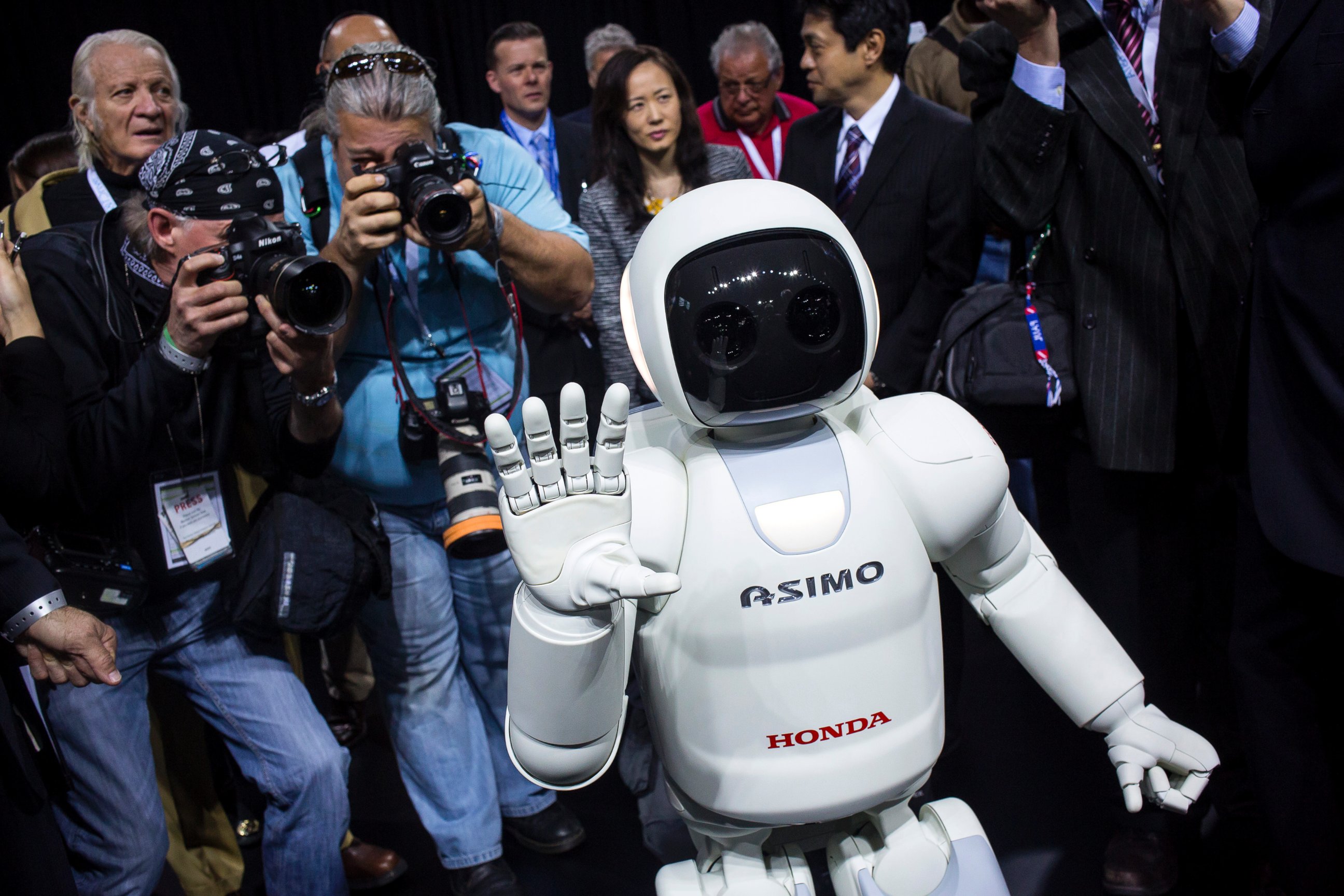
Computer-driven vehicles are certainly in the works, but not at all mainstream on today’s roads.
Not that everyone cares: The Pew report shows only 48 percent of people would ride in a driverless car.
But decades-old predictions weren’t all wrong.
The Futurist, The World Future Society’s bimonthly magazine, correctly predicted navigation systems in cars would be widespread by the year 2000, and also guessed right about easy and inexpensive fingerprint detectors. Last year, Apple introduced an iPhone that users can unlock by pressing their thumbprint onto the home button.
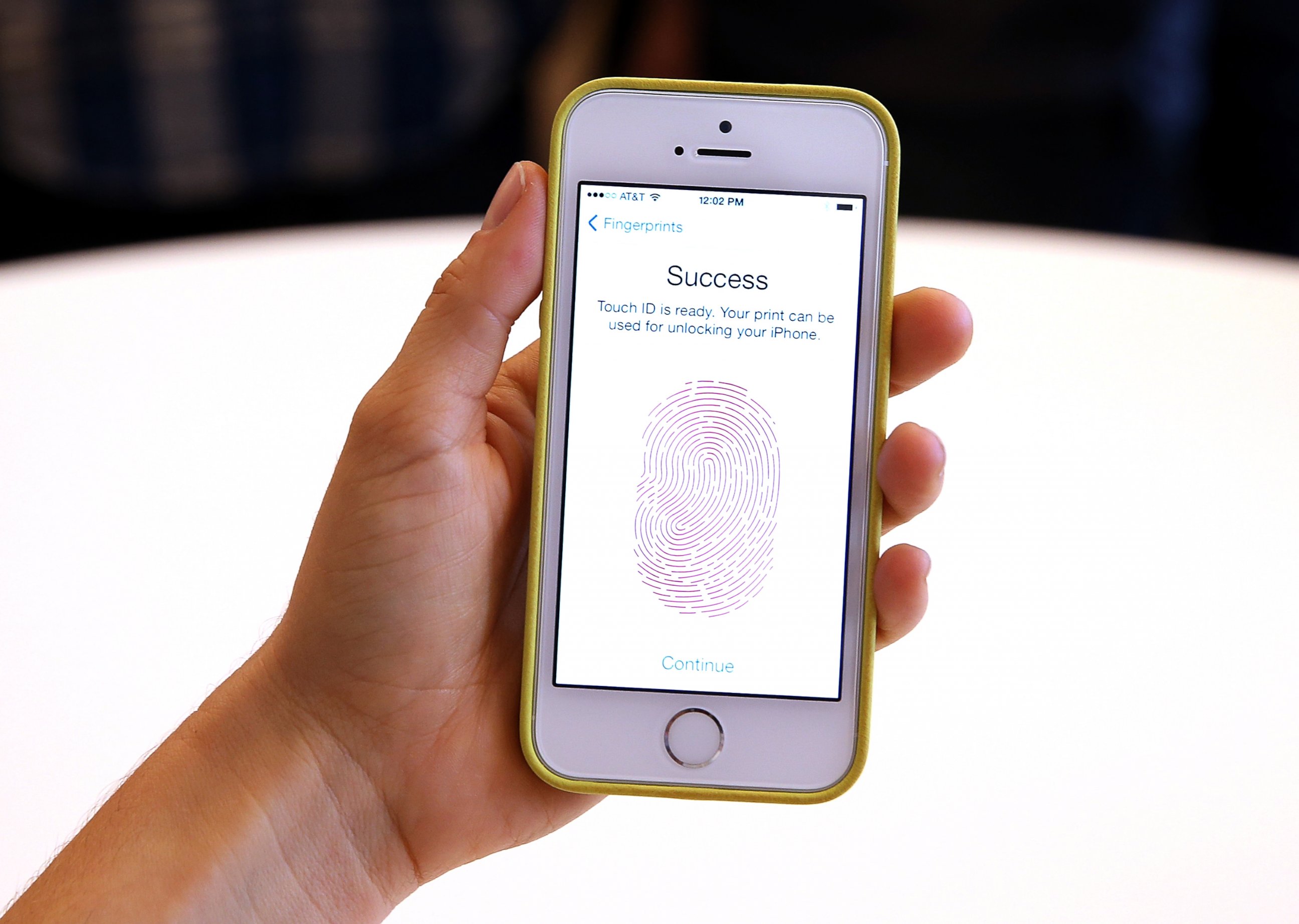
Some of the most amusing predictions about the future come from a dubious source: Hollywood.
Sorry “Timecop” fans, we still can’t time travel. And cloning isn’t nearly as advanced as the Arnold Swarzenegger film “The 6th Day” had us believe it would be today, when it was released in 2000.
Maybe there’s still hope for flying cars. “Back to the Future Part II” was set in 2015.
